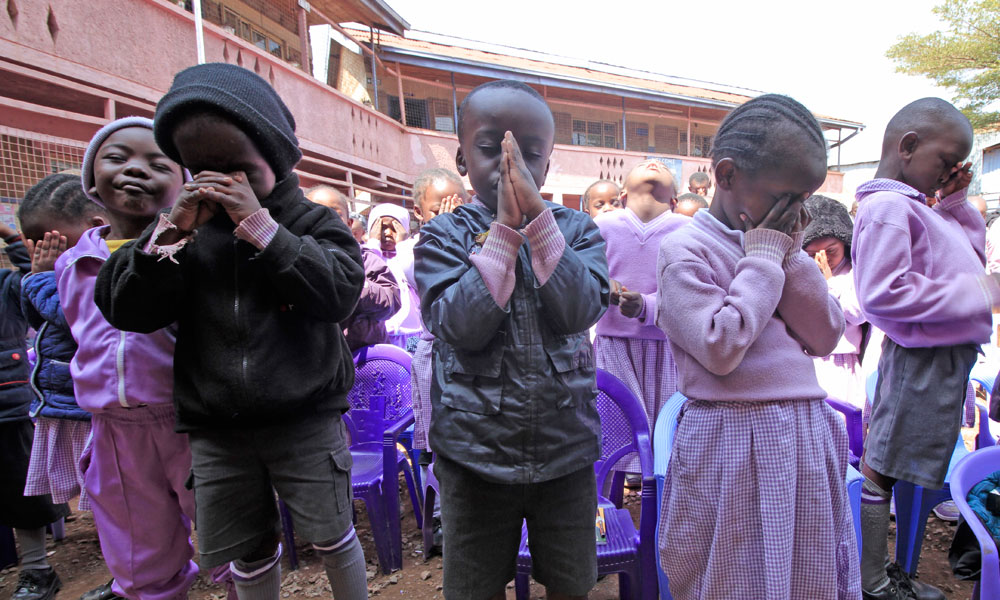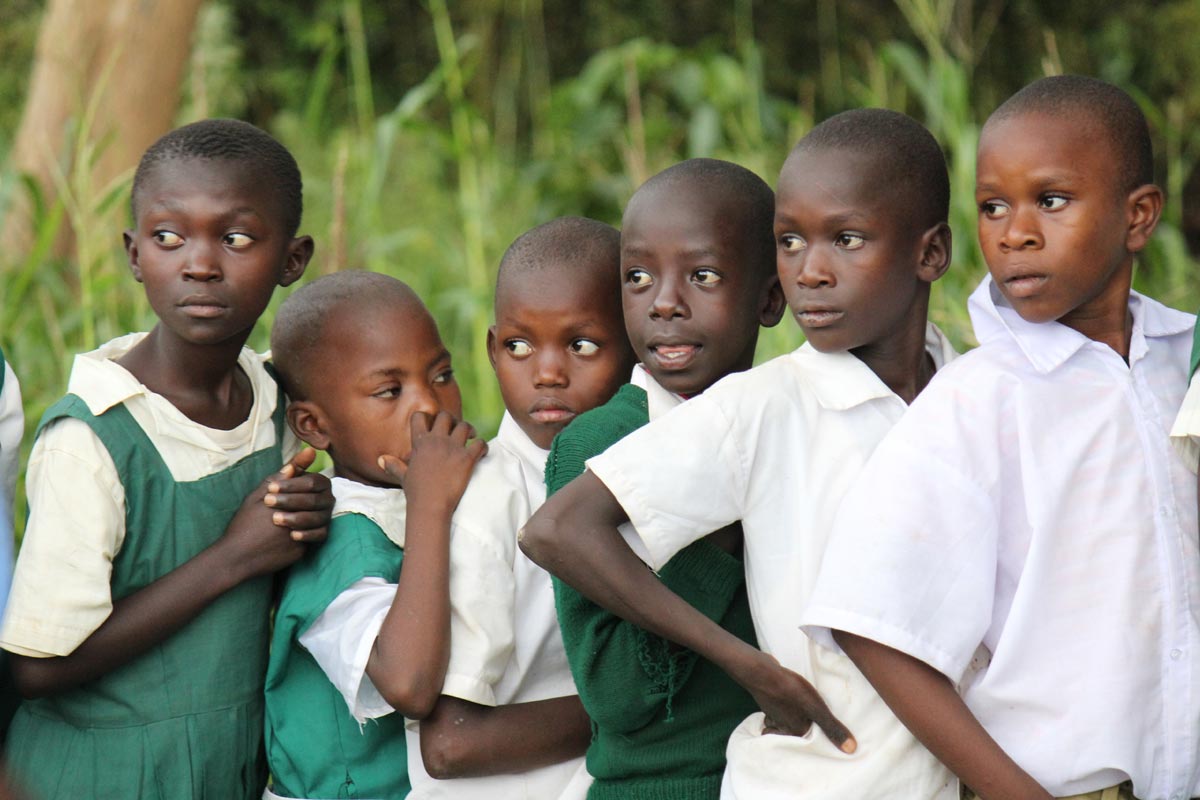by Geoffrey Njenga
Nairobi, Kenya – Since the first case of the novel coronavirus (COVID-19) was announced in Kenya, many aspects of society and the education sector have been dramatically affected. On March 15th 2020, the Kenyan government closed all learning institutions countrywide to contain the spread of the virus. As the numbers of those infected by coronavirus rose to over 8,000, the Cabinet Secretary for education Prof George Magoha announced on July 7th that the “2020 school calendar year will be considered lost due to COVID-19 restrictions”. This announcement has repercussions for over 18 million students across the country whose learning has been thrown into limbo threatening the loss of education gains and the implementation of a new competency based curriculum.
Education and Childhood Development in Kenya
For children and parents, education is vital as it gives students opportunities for growth, development and hope for a brighter future. Losing out on learning could have adverse effects on developmental milestones for children across Kenya. The decision by the government means that current students will need to repeat an entire school year and will graduate one year later than expected. School intakes for Standard 1, Form 1 and pre-primary will not take place in January 2021. National exams which were due later in the year have also been cancelled and Standard Eight and Form Four students who were to sit the exams this year will do so in 2021. The last time the education sector experienced a crisis like this was following a coup attempt in 1982. Colleges and universities were closed for nine months.

Extended school closures may further disadvantage children in urban informal settlements and poor rural areas. Development advocates are particularly concerned about increases in child labor, drug and substance abuse, teenage pregnancies, defilement of minors, and child marriages.
Recent media reports citing health data from the government have shown an increase in teenage pregnancies correlating with school closures. Other reports indicate that poor pastoralist communities are offering their children up for early marriages to richer families in order to receive financial assistance, thereby jeopardizing the education of many young girls. Young adolescent boys are also reported to be engaging in crime in the wake of the extended school closures.
Covid-19 and the Private School Sector in Kenya
With close to 10,000 private primary and secondary schools in Kenya, the closures present unique challenges for these schools as they solely rely on school fees to run their operations unlike public schools which receive state funding. This means their teachers will go for a further six months with no pay. Over 300,000 teachers are now at home. While some private schools have turned to online classes to generate income in order to survive, schools serving low income communities are at special risk. others will require financial assistance to sustain their basic requirements during the closure.
To keep the learners engaged, and mitigate loss of essential learning time, the government of Kenya through the Kenya Institute of Curriculum Development (KICD) has stepped up measures to facilitate learning through different platforms such as the Kenya Education Cloud, TV, radio, ed-tech apps, and mobile phones. These modes of learning though effective may only benefit a few students who have access at home to computers, smart phones, and the appropriate technology. For the vast majority of students, learning will be interrupted due to lack of access to electricity, internet connectivity, and digital technology. This may further widen the education inequality gap, in equity, access and quality of education.
Digital Technology and Learning During a Pandemic
The COVID-19 pandemic has laid bare how education in Kenya could evolve and the urgent need to accelerate the Kenyan government’s digital learning program renamed “digischool.” Digischool is targeted at learners in all public primary schools and aimed at integrating the use of digital technologies in learning. The pandemic has presented an opportunity for schools to embrace online learning to complement in-person classroom learning and to train teachers and students in digital skills in the fast changing world of technology.
It is therefore important to ensure that the Ministry of Education, parents and teachers support vulnerable students to ensure they are not exploited and that no learning loss occurs even as schools delay re-opening until January 2021. It is imperative that teachers help students who have fallen behind during school closures and reduce the risk of school dropouts.
Kenya Connection works closely with students from low-income communities and is committed to helping families and schools weather the COVID-19 crisis. Learn more how you can support quality education through Kenya Connection.



